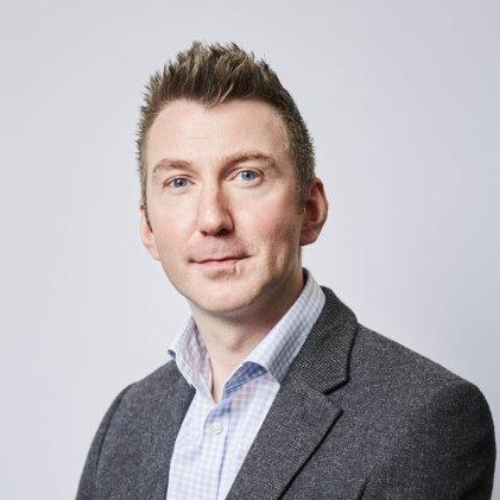RAEng / Leverhulme Trust Research Fellowships 2025-2026
Musculoskeletal conditions affect a third of the UK population. New interventions are needed, but realistic preclinical models to support treatment development and early optimisation are not yet available. Dr Herbert is developing in vitro musculoskeletal disease models based on decellularised biological scaffolds (DBS), which are derived from healthy tissue. They retain the native biological matrix, which gives structure to tissues, while removing the cells and DNA that cause immunological rejection. However, traditional chemical washes used in decellularisation often damage this matrix and compromise mechanical properties, limiting wider application.
Dr Herbert’s institute has developed and patented a decellularisation process that preserves the native matrix and material properties. These DBSs can be repopulated with specific human cells in a controlled manner to induce disease states and generate models that better mimic human tissue. This fellowship will develop new engineering approaches in materials characterisation to complement biological techniques. The focus will be on tendinopathy DBS models, with secondary exploration of bone cancer models.
LinkedIn: https://www.linkedin.com/in/tony-herbert-a3554014/
Twitter: https://x.com/dr_tonyherbert

Related content
View all programmesSupport for research
The Academy runs a number of grants to support excellent researchers carry out engineering activities and to enable clo…
RAEng / Leverhulme Trust Research Fellowships
The RAEng/Leverhulme Trust Research Fellowships aim to allow academics to concentrate on full-time research and be reli…
